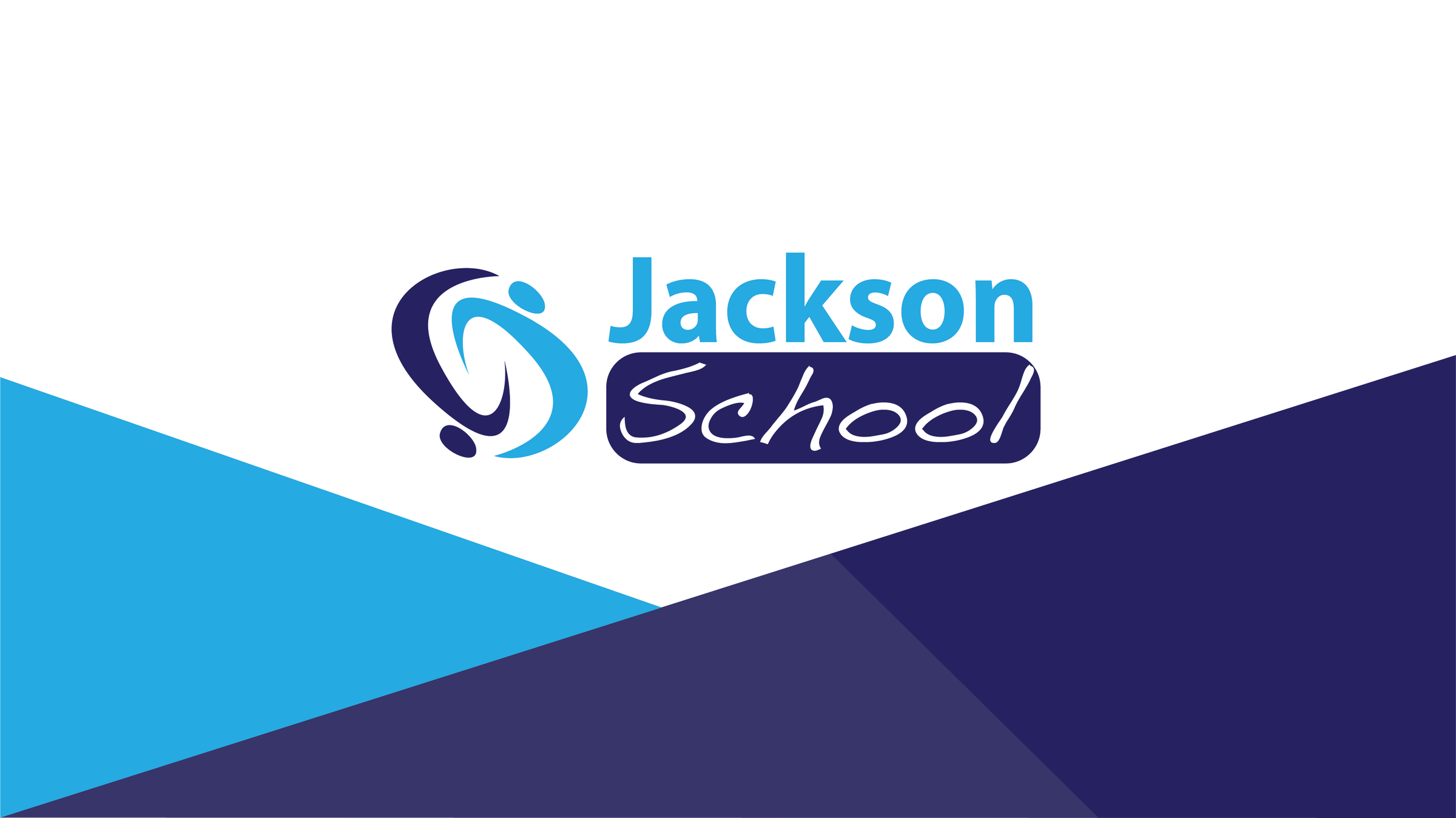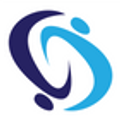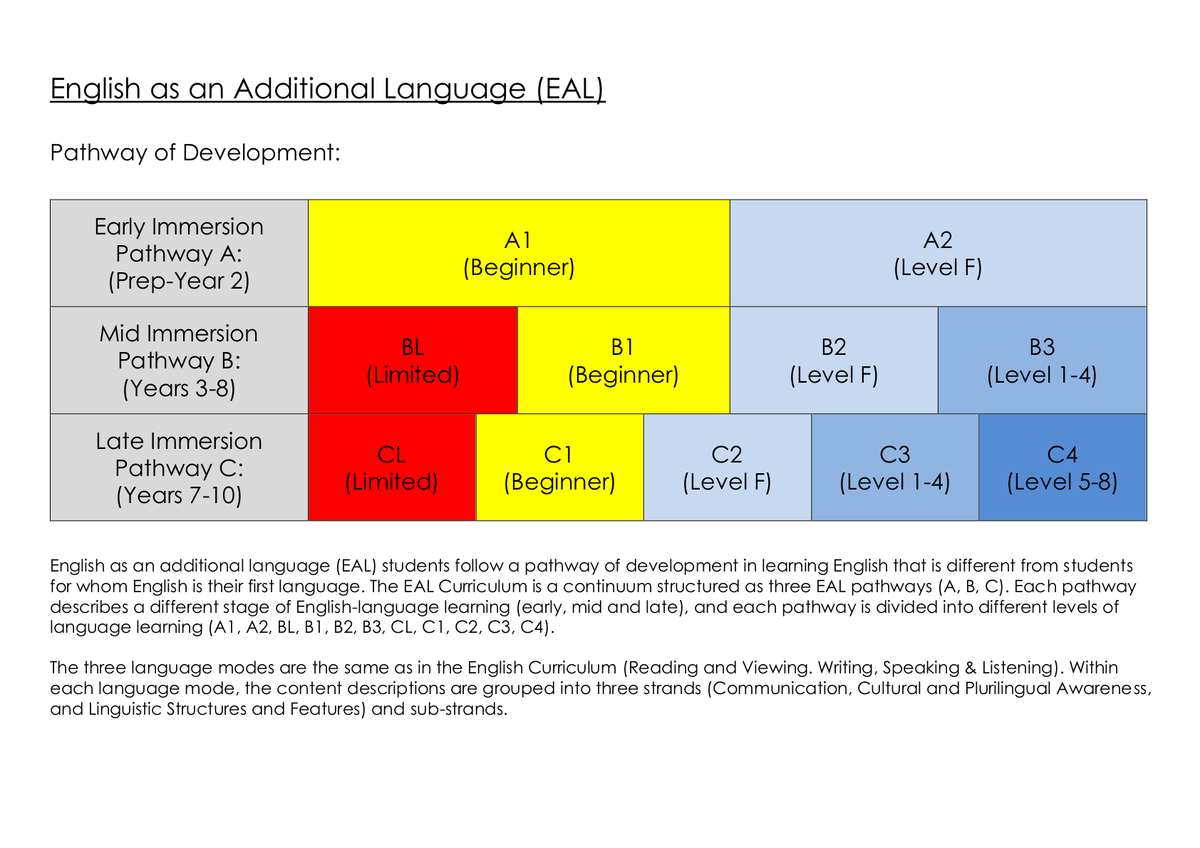Implementation

Implementation
Jackson School is a collaborative learning community for all. We aim to develop independence through safety, respect and responsibility. We aspire to offer authentic educational experiences that develop futures, create opportunities and inspire potential; enabling our students to be valued and contributing members of the wider community. We share and celebrate our successes and achievements. Our core purpose is to provide an inclusive, rigorous learning environment that challenges and engages our whole learning community to achieve their full potential as life-long learners.
The school provides a rich and deep curriculum with a strong focus on literacy and numeracy. In addition to the comprehensive classroom programs offered in literacy and numeracy, a two-year integrated learning cycle addresses the domains of Science and Humanities. Specialist teachers provide instruction in Physical Education, Food and Design Technologies and Visual and Performing Arts. Using ICT for digital learning is an integral part of 21st century learning for our students. An Independence Curriculum incorporates the four General Capabilities of the Victorian Curriculum alongside continua for Occupational Therapy and Speech Pathology. Personal and Social Capability and Critical and Creative Thinking remain our core capabilities delivered through DE’s Resilience, Rights and Respectful Relationships (RRRR). From Year 9 to 12 the focus of the curriculum is centred around the eight employability skills aligned to Victorian Pathways Certificate (VPC) Work Related Skills outcomes.
The excellence in teaching and learning leadership team is focused on the FISO improvement cycle for continuous improvement using a range of data and evidence to inform teacher practice and student achievement. A leading teacher and two learning specialists are supported by a team of PLT Leaders. There is a high level of professional learning at all levels and the promotion of professional collaboration within our professional learning communities.
The school has developed a structured approach to curriculum planning that ensures a shared vision within the school on curriculum development, common documentation and common understanding of the whole-school curriculum by teachers and parents. The data analysed regularly by teachers in their curriculum planning includes year level assessment and tracking tools and an analysis of school performance data including student, staff and parent surveys. Curriculum plans and scope and sequence documents map out our curriculum structure. Our curriculum programs will address the specific needs of students in relation to special learning needs, disabilities and impairments, “twice exceptional” high achieving students and students with English as an additional language. We will identify, track and cater for the different needs of particular contextual groups of learners (CGOLS) when developing and reviewing our curriculum.
This will be reviewed an updated annually. This will enable professional learning teams to audit the curriculum of a particular program to see which domains, dimensions and standards of the Victorian Curriculum are currently being addressed. This audit will inform future curriculum planning. In developing its curriculum plan the school will provide a broad range of educational pathways to ensure improved student outcomes to vocational work placements and applied learning opportunities.
Teaching & Learning at Jackson School is proudly based on the Victorian Curriculum. The curriculum is the common set of knowledge and skills required by students for life-long learning, social development and active and informed citizenship. The Victorian Curriculum F–10 (including Levels A-D) incorporates the Australian Curriculum and reflects Victorian priorities and standards, but differs in some important respects, most notably the representation of the curriculum as a continuum of learning and the structural design. We pride ourselves on building a student-centred learning community which aims to develop students’ self-esteem, confidence and independence at every level. Students at Jackson School study a minimum requirement of Literacy, Numeracy, Integrated Learning, RRRR and PBIS weekly. Students also attend camps, incursions and excursions into the community to develop their personal learning and interpersonal skills in the real world. With teacher support and curriculum adaptations, students work towards participating collaboratively in group learning activities. At Jackson we offer a range of specialist programs: PE, Performing Arts, Design & Food Technologies and Visual Art.
In line with DE guidelines of ensure English and Maths is substantially taught, there are 320 Hours per year (8 Hours /Week) of English and 200 Hours per year (5 Hours /Week) of Mathematics. Literacy consists of reading and viewing; writing and speaking and listening. We value the importance of developing good communication skills (both verbal and non-verbal) to build the foundations of reading and writing. Numeracy consists of number and algebra; measurement and geometry; and statistics and probability. We value the importance of developing visual imagery of number and how to apply these skills practically in the real world. Our Integrated Learning units are based on a two-year spiral curriculum of subjects from the Victorian Curriculum including the general capabilities. Integrated Learning provides a context for authentic teaching and learning in literacy and numeracy.
In our Foundation Stage (Prep-2) Curriculum follows a child-centred play-based learning model inspired by the Victorian Early Year Learning Development Framework (VEYLDF) with embedded English, Mathematics, Health and PE, The Arts and Personal Social Capability from the Victorian Curriculum. In Lower Primary (Years 3-4) this supported learning environment is strongly focused on providing children with a strong foundation of essential literacy and numeracy skills through utilising a child’s natural propensity to learn independently and collaboratively through play. In Upper Primary (5-6) and Lower Secondary (Years 7-8), children gradually move to an integrated learning curriculum and then onto more collaborative project-based learning in Secondary (Years 9&10) focused around the World of Work. In Senior Secondary (Year 11&12) we also offer two pathways, including: Victorian Pathways Certificate (VPC) at Foundation Level and ASDAN Towards Foundation.
Jackson School implements its curriculum focused around the eight Employability Skills inspired by the Victorian Pathways Certificate (VPC) work related skills (WRS) outcomes, these are: Learning, Technology, Problem Solving, Planning and Organising, Initiative and Enterprise, Collaboration, Self-Awareness and Management and Communication. These are a throughline attached to the Independent Learning Curriculum (General Capabilities). All other learning areas strands/domains/modes of the Victorian Curriculum are prioritised and backwards mapped from ther Victorian Pathways Certificate outcomes. These inform our Individual Learning Plan long term goal focus areas each semester. The Victorian Curriculum content descriptions are broken down into progression statements as short term goals which teachers use as a formative and summative assessment checklist to report to parents/carers about student’s entry skills and progress each semester. At Jackson School, class time is structured into a weekly timetable, with six hours of learning per day, broken into 50 minute timetabled sessions.
Further information on how our school implements the curriculum, including the learning areas provided at each year level/band of schooling, and the capabilities that are developed by students across these learning areas and the approximate time allocations for each learning area, is provided in our whole school, curriculum area, year level and unit / lesson curriculum plans.
Language and EAL provision
As a special school, Jackson School is exempt under Regulation 61 of the Education and Training Reform Regulations 2017 (Vic) from teaching Language provision. This is identified through CASES21 at census each year and then DE seek an exemption from the VRQA on an annual basis. However, Jackson School does deliver Auslan (as Key Word Sign) as a Language, considering many of our students having complex communication needs. This is taught by teachers and supported by our Speech Pathologists, who have developed our Jackson Social program and our whole school communication board as an low-technology aided language display (ALD). Jackson School also has a high proportion of students with English as an Additional Language and speak Languages Other Than English (LOTE) at home. Student’s Individual Learning Plans (ILPs) goals are aligned to the EAL curriculum for new arrival students. These students are also assessed against the EAL Pathways Continuum and teaching staff make use of the Department’s EAL resources as required.
Travel Education
Travel Education is explicitly taught in our secondary years with an aim to have students travel independently by the time they reach Senior Secondary to independently access work education and employment opportunities. The program develops journey planning, getting about, behaving appropriately and staying safe. Ongoing assessments are focused around problem solving and worry registers, supported by excursion travel education checklists.
Students will experience:
- Increased independence, confidence and improved self-esteem
- Increased engagement and improved education outcomes
- Increased opportunities for accessing further education, training and employment
- Increased access to health and other public services and facilities
- Increased opportunities to participate in social, community and leisure activities
Parents/Carers will experience:
- Reduced care responsibilities and tasks as their child’s independence increases
- Increased confidence in the future options for your child
School will experience:
- Motivated students who require less support
- Increased student engagement and improved educational outcomes
The World of Work (Year 9/10)
- Enterprise: students work collaboratively in project based teams (Production, Service, Marketing, Finance) to run the school café. Students focus on the employability skills; learning to work within and run a business and begin to identify interests and strengths for their future pathway.
- Work Education: integrated work education program (health & safety, employability skills, careers), employability skills, career action plans
- Supported Work Experience: students travel with their class and engage in structured work placements in the community; Year 10 students take part in a Coffee Marking & Food Safety supported work experience program. Our onsite Barista support students to work through non-accredited VET units of competency as a trade taster
- Career Education: students complete their own personalised Career Action Plan (CAP) aligned to the Careers Curriculum Framework (I focus, I plan) and My Career insights/Portfolio
Work Education & Work Experience
At Year 9/10 the work education curriculum focuses on health & safety, employability skills, and future careers. A Job Well Done influences our work education program and helps students with disabilities prepare for work experience.
Year 10 students participate in an internal work experience placements with our onsite Barista, inspired by two VET modules: prepare and serve espresso coffee and use hygienic practices for food safety. Students may also travel with their class and engage in industry investigations about work placements in the community.
Year 10 students undertake VET and SBAT visits as a familiarisation for their Year 11/12 course preferences.
Year 11/12 VPC and ASDAN students participate in Supported or Independent Work Experience.
Year 11/12 VPC students also undertake the Safe@Work general module. This general module identifies common hazards exist in many workplaces. It's important to learn about these so students can stay safe while at work, help understand health and safety hazards and laws and provide practical solutions to common health and safety problems.
All Year 12 students take part in post-school provider and industry visits to inform their post-school pathways.
VPC students take part in a range of supported and independent work experience, including:
- Enable (IT Recycling)
- Dimmeys (Retail)
- Secondbite (Food Recovery)
- Brunskwick Industries / Mambourin / Brite Industries (Warehousing)
- Driver Education
- Jigsaw (Social Enterprise)
- Equine (Sports Management)
- Blackwood (Maintenance)
ASDAN - Towards Independence
ASDAN offers a range of internationally approved qualifications. At Jackson School we deliver the Towards Independence program in Years 9-12 (Age 14+). Towards Independence provides a framework of activities to develop and accredit personal, social, work-related and independent living skills. There are more than 70 modules, which can be used separately and accumulated to build a record of personal achievement. This has also included supported work experience programs, community access and travel education in the community.
Our staff members are trained to deliver the ASDAN Towards Independence program. Jackson School is a registered provider of ASDAN and we are externally moderated annually on the quality of delivery and assessment.
Levels of support are used to show how the learner has achieved the activity, individual progression and differentiation between learners:
- Experience recorded
- Gestural help
- No help
- Physical help
- Sensory experience
- Spoken/signed help
Our core modules are:
- Starting Out (Mandatory Module)
- Literacy: Developing Communication Skills
- Developing Numeracy Skills
- Independent Living Skills
- Using Transport
Victorian Pathways Certificate (VPC)
In 2023 we transitioned from Victorian Certificate of Applied Learning (VCAL Foundation) to the Victorian Pathways Certificate (VPC) as part of the state-wide Senior Secondary Reform.
The Victorian Pathways Certificate (VPC) which is an accredited foundation secondary qualification under the Education and Training Reform Act 2006 (Vic) and aligned to Level 1 in the Australian Qualifications Framework (AQF). The VPC curriculum provides learning based on applied learning principles and a practical pathway into further education, training and employment to become contributing members of the wider community.
The VPC is designed to engage students through applied learning and provides flexibility to meet an individual’s learning needs. The VPC aims to build the skills, knowledge, values and capabilities that enable students to make informed choices about pathways into further education, training and/or employment. Through participation in the VPC students will gain the necessary foundation skills to allow them to make a successful post-schooling transition.
At Jackson School, VPC is delivered to Years 11/12 students over a two-year period through a project-based learning model to ensure authentic, real-world learning experiences aligned to the Principles of Allied Learning (Pillars). The coursework is designed and delivered at a more accessible level than the VCE and VCE Vocational Major. The VPC is delivered at student's own pace and our teachers assess students progress through a range of classroom and offsite learning activities.
The minimum requirement for the VPC is satisfactory completion of 12 units, which must include at least two units of:
| Studies | Units |
| Literacy | |
| Numeracy | |
| Personal Development Skills | |
| Work Related Skills | VPC Work Related Skills Unit 1 VPC Work Related Skills Unit 2 |
The remaining four units may include units of competency (UoC) from nationally recognised Vocational Education and Training (VET).
Structured Workplace Learning (SWL)
Jackson School offers a wide range of Structured Workplace Learning including Vocational Education and Training (VET) courses through partial completion "Trade Taster" courses, Certificate I, Certificate II or sometimes Certificate III. Some student may also undertake School-Based Apprenticeships (SBAT), including through HeadStart.
The VPC can include units of competency from nationally recognised VET qualifications. Training from a nationally recognised VET qualification may contribute towards the VPC through the following recognition arrangements:
- enrolment in a VCAA-approved VET program or a School-based Apprenticeship or Traineeship (SBAT)
- enrolment in any other nationally recognised qualification at Certificate I or above (block credit recognition)
- successful completion of 90 nominal hours of units of competency from a nationally recognised VET qualification at Certificate I level or above provides one unit of credit towards the completion requirements of the VPC
In conjunction with registered training organisations (RTOs), students can work towards obtaining units of competency from the following qualifications:
- Carpentry, Demolition and Automotive Trade Taster (AGA)
- Certificate II in Sport and Recreation
- Certificate II in Cookery
- Certificate II Kitchen Operations
- Certificate II in Food Processing
- Certificate II in Hospitality
- Certificate II in Construction
- Certificate II in Plumbing
- Certificate II in Animation
- Certificate II in Animal Studies
- Certificate II in Automotive Vocational Preparation
- Certificate II in Automotive (Panel & Spray Painting)
- Certificate II in Automotive Maintenance
- Certificate II Salon Assistant
- Certificate II Horticulture
- Certificate III Horticulture
- Certificate III in Sport and Recreation
Students may complete parts of VET courses through "Trade Tasters", also called micro-credentials. Micro-credentials in vocational education and training (VET) offer more flexible ways of learning to support students to experience different industries and can be used as building blocks towards full qualifications. Not all course are offered each year.
To learn more about VET in the Victorian Pathways Certificate.

